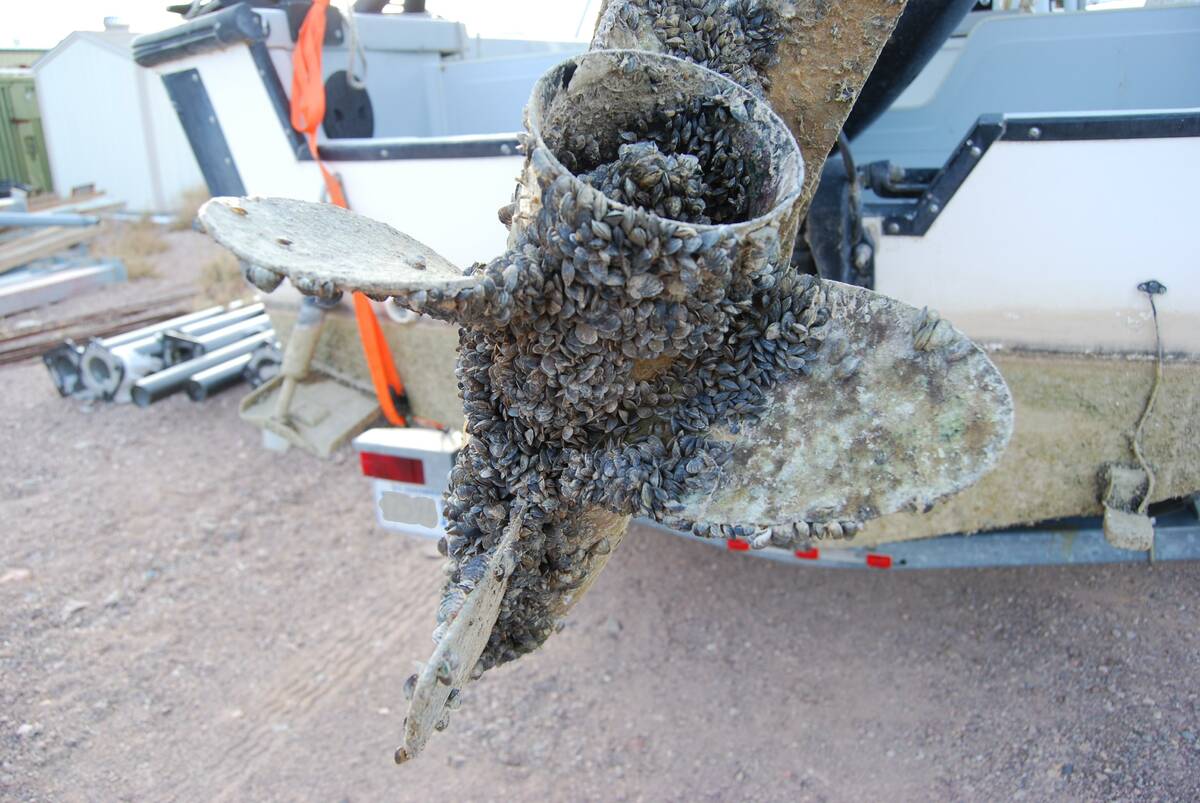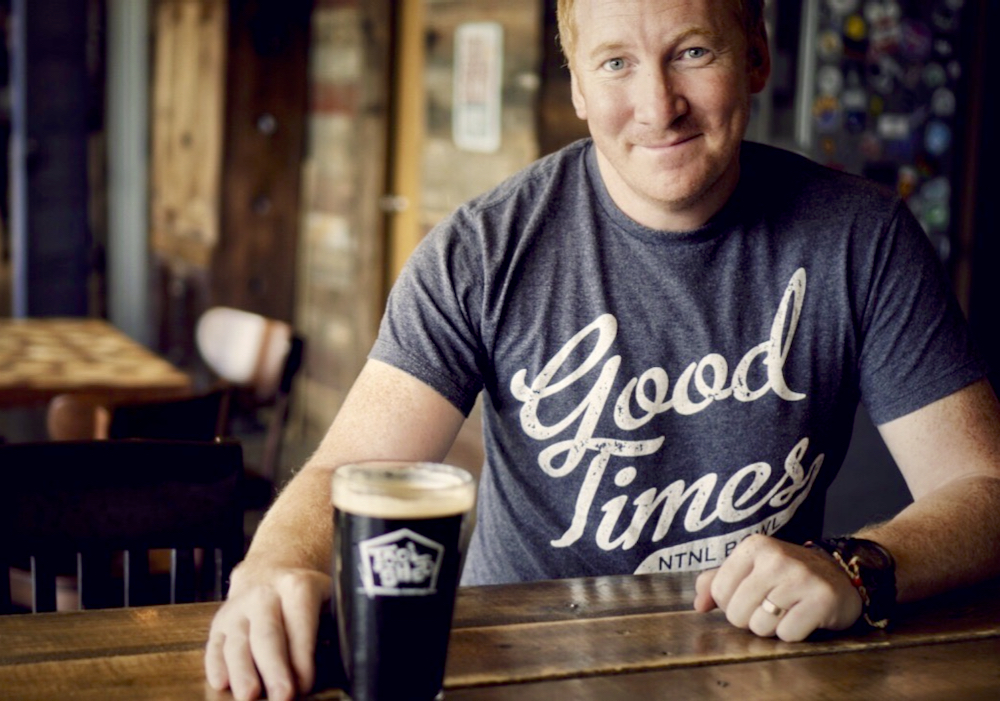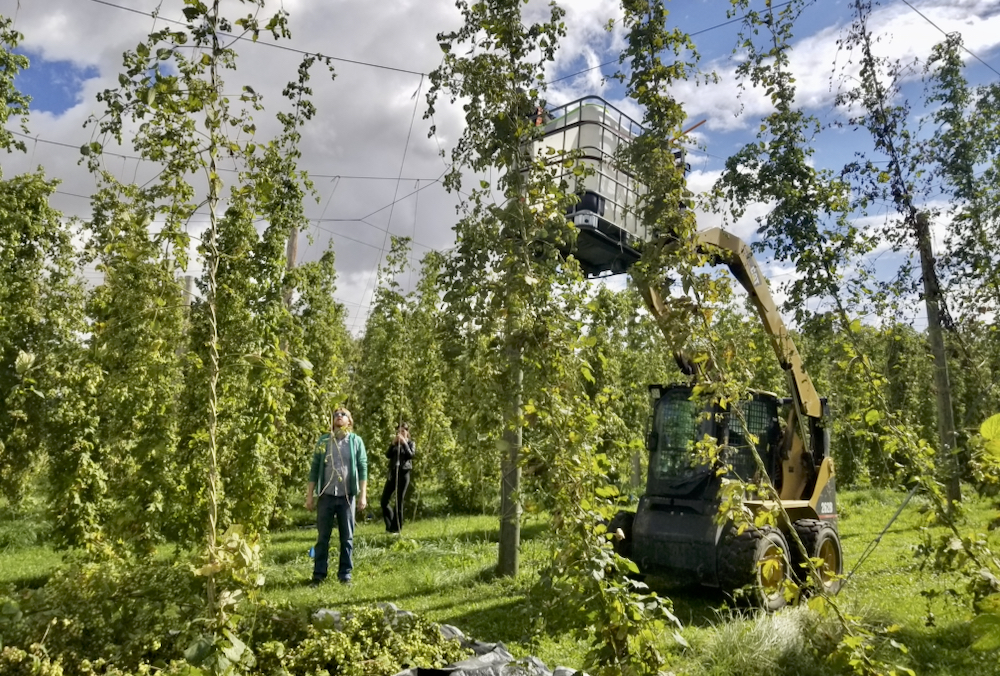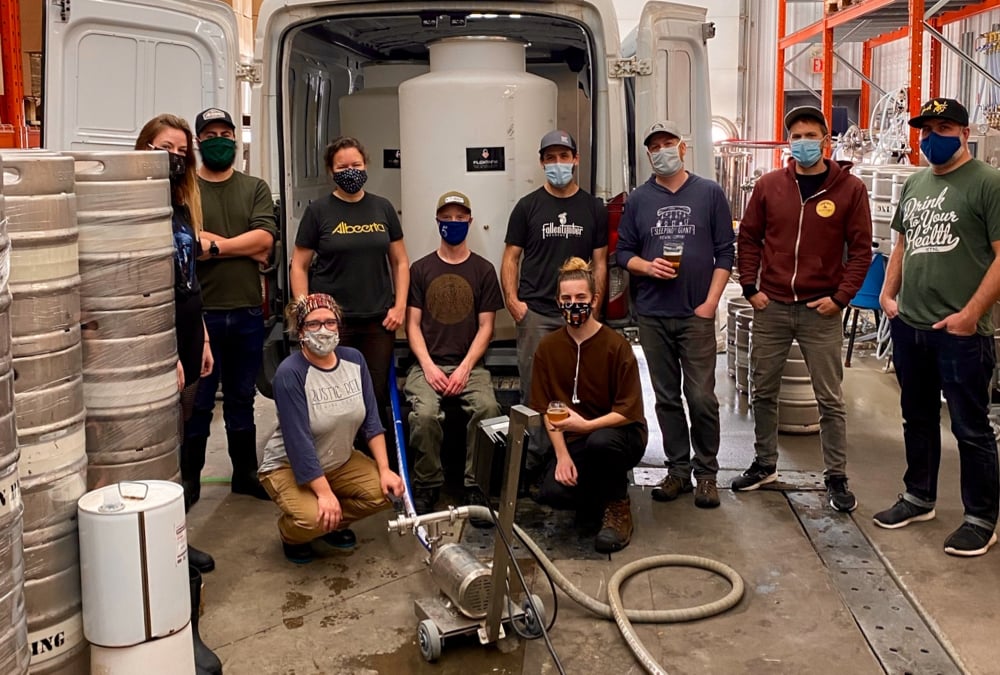When Calgary beer maker Graham Sherman was told in 2012 that his plan to start a craft brewery didn’t conform to Alberta’s liquor laws, he got the law changed.
Before 2013, Alberta wouldn’t provide a licence to a prospective brew house unless it could demonstrate the ability to produce 500,000 litres of beer a year.
“It’s tough because you get to self-doubt. You get imposter syndrome. I’m just some random guy,” Sherman said. “If nobody could change those laws up until now, why would I be the guy to do it?”
Read Also

Invasive species council lending a helping hand to Alberta agricultural producers
Alberta Invasive Species Council unveils the huge economic effect of keeping invasive species unchecked to agricultural production in the province.
But change it he did. Now his company, Tool Shed Brewing, is consistently named among the top breweries in Calgary and its capacity is over two million litres of beer a year.
A high-tech overachiever
Sherman traces the history of Tool Shed Brewing to his days working as a communications tech advisor in Afghanistan between 2007 and 2010.
“I’m just a nerd that got hired by the government and military customers to go into the war zone and design and implement NATO secret clearance-level tactical communication networks,” he said.
He lived in Afghanistan on and off during that period. When he’d come back to Calgary, he and his friend, Jeff Orr, who he worked with in Afghanistan, would focus on hobbies that included making gourmet coffee, barbecuing meat and brewing beer.
Sherman freely admits that he probably took every single one of those hobbies too far.
He had a coffee roaster shipped from Italy. He had to change the electrical loads to make it usable in Canada, but even then, it couldn’t be used while the washer or dryer were running. He described the setup, which allowed him to access the roaster and assign roast profiles from outside the network, as “ridiculously geeky.”
He applied that same geeky fixation to his barbecue operation.
“My barbecue actually has a probe in the ambient air and in the meat. And I designed this algorithm that looks at the differential of those two set points and knows exactly, based on the current environment, when the ribs will be ready. And it’ll send you a tweet,” explained Sherman.
“There’s an infrared camera so you can see the ribs cooking, and there’s even a little fan that blows on the charcoal and keeps the temperature within a perfect half-degree of temperature control.”
That may seem obsessive but it’s hard to argue with success. And he’s had some pretty good success with his barbecue brand, Notorious P.I.G.
“Last year we went to the world championships as the Canadian National BBQ team, and we won a gold medal,” said Sherman. “And we actually qualified again for this year.”
These endeavours all took place in an eight-by-15-foot tool shed in Sherman’s backyard. Hence the company name.
“The biggest thing that I noticed was that all the hobbies that I was getting into had a common theme: bringing people together,” he said. “And when you start making beer, wow, that really brings people together.”
For Sherman, there was also something cathartic about brewing beer with his buddy. They shared some harrowing moments while working in Afghanistan and found that connecting with someone who went through the same things was therapeutic.
“We’d been through so much in Afghanistan. It was terrifying. We had a lot of really close calls,” said Sherman. The first time he heard rockets fired into his camp, he couldn’t sleep a wink, but he eventually arrived at stoic acceptance.
“Eventually everyone comes to this realization that, ‘if it’s my time, it’s my time,’” he said. “Then you can sleep through the rockets. That’s a crazy thing to get used to.”
Sherman’s younger brother is a professional brew master in Australia. So when he set his sights on setting up a brewery in his tool shed, he called his brother for advice.
“No way, I’m not helping you with this,” was his sibling’s response. “You’re going to get divorced over this.”
In an attempt to dissuade Sherman, his brother described a list of equipment he’d need and emphasized the endless work involved.
“I think he was trying to talk me out of it, but I was loving everything that I was hearing,” said Sherman.
His brother eventually did offer tips, and Sherman got the homebrew operation up and running. And, just like his coffee and his barbecue, people loved his beer.
“At one point, I said to my buddy, ‘this is the best thing ever,’” said Sherman. “‘People are coming from all around to spend this great time together. I think maybe we figured out the secret of life.’
“I know it sounds over the top but passion goes into creating something with your hands, and when people try it and they lose their minds, there’s nothing better on earth.”
Bureaucratic fight
Sherman quit his job and decided to make brewing beer his full-time vocation. That’s when he slammed head-on into Alberta’s archaic liquor laws.
Essentially, the Alberta Liquor and Gaming Commission (ALGC) responded with, “sorry, it can’t be done. It’s always been this way.”
That response infuriated Sherman. He compared it to arguing with his kids.
“All the greatest breweries around the world come to Canada trying to get their hands on this barley — Sierra Nevada, New Belgium, Oskar Blues, and even as far away as Sapporo in Japan,” said Sherman.
“In fact, from my house, I can look out the window and see this beautiful tract of land with combines rolling up and down it. It’s one of the best barley operations in the world. I can see those guys pull that barley off the field from my house, and I can’t brew with it in the city that I live in. It’s madness.”
It was a gut punch.
Sherman remembers going home after hearing the response from the ALGC and thinking about the pickle he was in. He had quit his job and his next mortgage payment was due in a few days. Doubt began to sink in. Maybe his brother was right.
But defeatism wasn’t going to pay the bills. He was determined to make lemonade from the lemons the ALGC had served. But it wasn’t going to be easy.
“Ever try to change a provincial law? It does not happen before your next mortgage payment comes due, that I can tell you.”
But Sherman found a workaround. He changed his business plan and applied for an importer’s licence rather than a brewer’s license. The new plan didn’t run afoul of ALGC regulations.
“The moment I got that licence, I grabbed all this beautiful barley and drove across the border to British Columbia. I went to a brewery just outside Vancouver that let me brew my beer in their facility. I brewed my beer, drove back home and imported my own freakin’ beer to Alberta.”
Sherman put 660,000 kilometres on his Toyota pickup truck while driving between Calgary and Vancouver. And when he wasn’t driving back and forth, he was imploring the ALGC to change its ways.
“It’s insane. But I think the nice thing was, it was perfectly insane,” said Sherman. “It wasn’t me saying, ‘do you realize what I would have to do?’ It was me saying, ‘look what I’m doing.’”
Sherman researched the topic with his trademark zeal and shared that research with the ALGC at every opportunity.
“There’s a report from the Economic Development Board of Canada saying every dollar you spend on local craft beer contributes $1.12 to that local economy,” said Sherman. “And of course it does. It supports the malt house, the truckers, the farmers and the brewers.”
All of the driving and haranguing the ALGC eventually paid off. In 2013, the commission changed the law.
“They sent out a tweet that day that said, ‘Congratulations Tool Shed, no more minimum brew requirement,”’ said Sherman.
To be fair, the Alberta Small Brewers Association had been arguing for a rule change for years, so Tool Shed wasn’t in the fight on its own. But the timing and the ALGC congratulatory tweet suggest Sherman’s tenacity played a significant role.
In the decade since the law was changed, Alberta’s local craft breweries went from 12 in 2013 to 187 today.
“Everyone is using local barley, and everyone is supporting the farmers. It was a tremendous win for all of us.”
Tool Shed is now housed in a 50,000-square-foot building in Calgary, and its capacity quadruples the ALGC’s previous minimum requirement. Its beers are available across the country, the customer base is growing, and the facility is becoming a destination in Calgary.
“We’ve always had a tap room here. But one of the other things that we were able to change in Alberta is that we’re the first brewery in Alberta where the tasting room in the back is right on the brewing floor,” he said.
“So the tanks are right there, and it’s kind of steamy, loud and obnoxious, but you can smell the hops, you can see the steam, and you can watch the beer being brewed as you’re having a beer and some barbecue.”
That’s right. He’s managed to shoehorn his BBQ brand into his facility. The restaurant was an upgrade done during the pandemic. And true to Tool Shed ideals, it uses only Alberta-sourced meat products.
The restaurant is called Notorious P.I.G. but it serves pork, beef, chicken, sausages and just about everything on a grill.
“We even have some vegetables,” joked Sherman.















